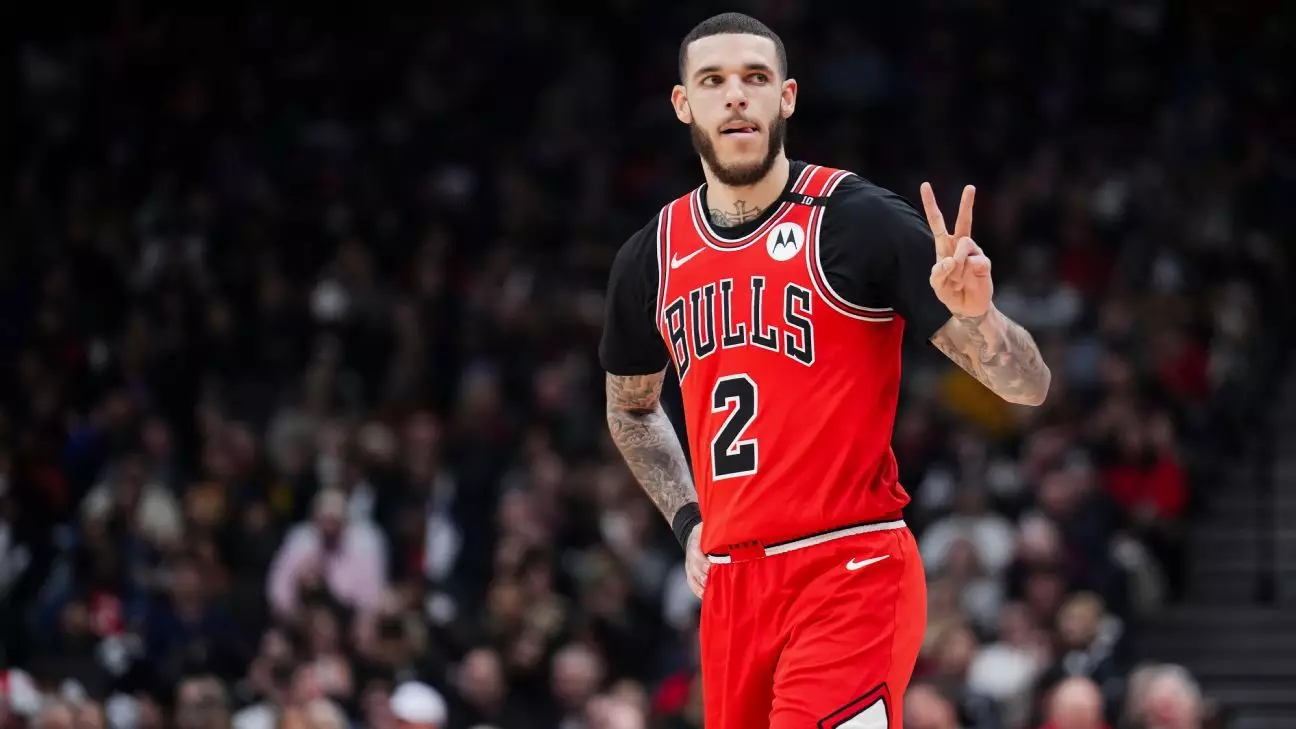In a world where athletes often exist in a bubble, removed from the realities of life and death, the poignant connection between Chicago Bulls guard Lonzo Ball and the late Alex Reinhardt’s family strikes a heartfelt chord. Recently, Ball met with the family whose son, a promising young man who tragically passed away at just 20 years old, provided the knee cartilage that enabled him to return to the court. This story transcends sports; it’s a powerful reminder of the impact one life can have on another’s, even amid sorrow.
The Weight of Emotion and the Power of Generosity
Angela Reinhardt described the experience of meeting Ball as emotionally overwhelming yet filled with joy, revealing a complex tapestry of grief and gratitude intertwined in every conversation. While the loss of her son remains a scar on her heart, witnessing the continued life of a fellow athlete through Alex’s gift provides a certain solace. The act of organ donation becomes a poignant narrative, as it embodies a form of immortality, allowing Alex to leave behind a legacy that vastly exceeds his years. This duality— the pain of loss and the joy of his contribution— showcases the raw human experience that is often sanitized in the glamorous world of sports.
It begs the question: how often do we take a step back and realize how our lives intersect with others? The media tends to cast athletes as superheroes, masking their vulnerabilities. Yet, here stands Ball, fighting through his own struggles—having undergone multiple knee surgeries—that could have ended his career. His ability to share this moment with the Reinhardt family speaks volumes about humanity’s capacity for connection and healing.
The Cultural Significance of Organ Donation
Organ donation remains a topic fraught with misconceptions; many remain unaware of its vital importance. By sharing stories like that of Alex Reinhardt, we not only celebrate his life but the profound implications of generosity in the face of tragedy. Lonzo Ball’s public platform amplifies this message, challenging us to reconsider our perceptions of life after loss—from anonymity to humanity, from mere statistics to personal stories.
Rather than viewing organ donation as a finality, we should celebrate it as a continuation of life. Encouraging the conversation around donation can instigate a cultural shift, urging more individuals to register as donors. Every agonizing loss, if transformed into a selfless gift, can give new life and hope to those struggling against the tide of health crises.
In a society beholden to success defined narrowly by personal achievement, these human connections remind us of the larger narrative around us. We celebrate Lonzo Ball not just for his physical resilience but for his role as a bridge connecting grief and hope. This moment serves as a vital reminder that our legacy lies not only in our accomplishments but also in our capacity to inspire and uplift others, even in the face of overwhelming sorrow.


Leave a Reply